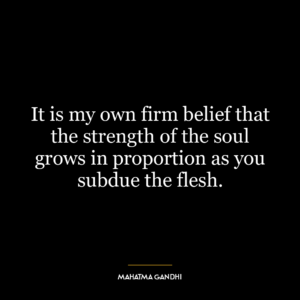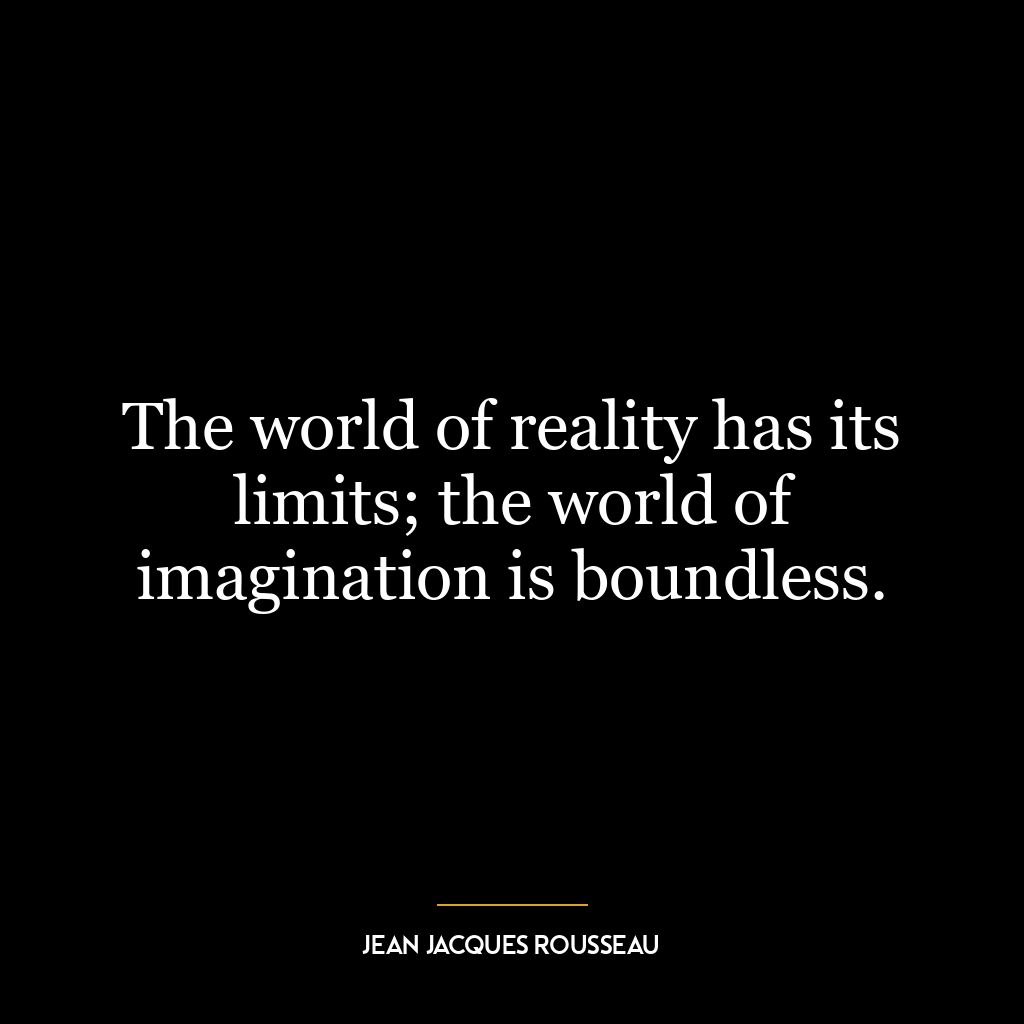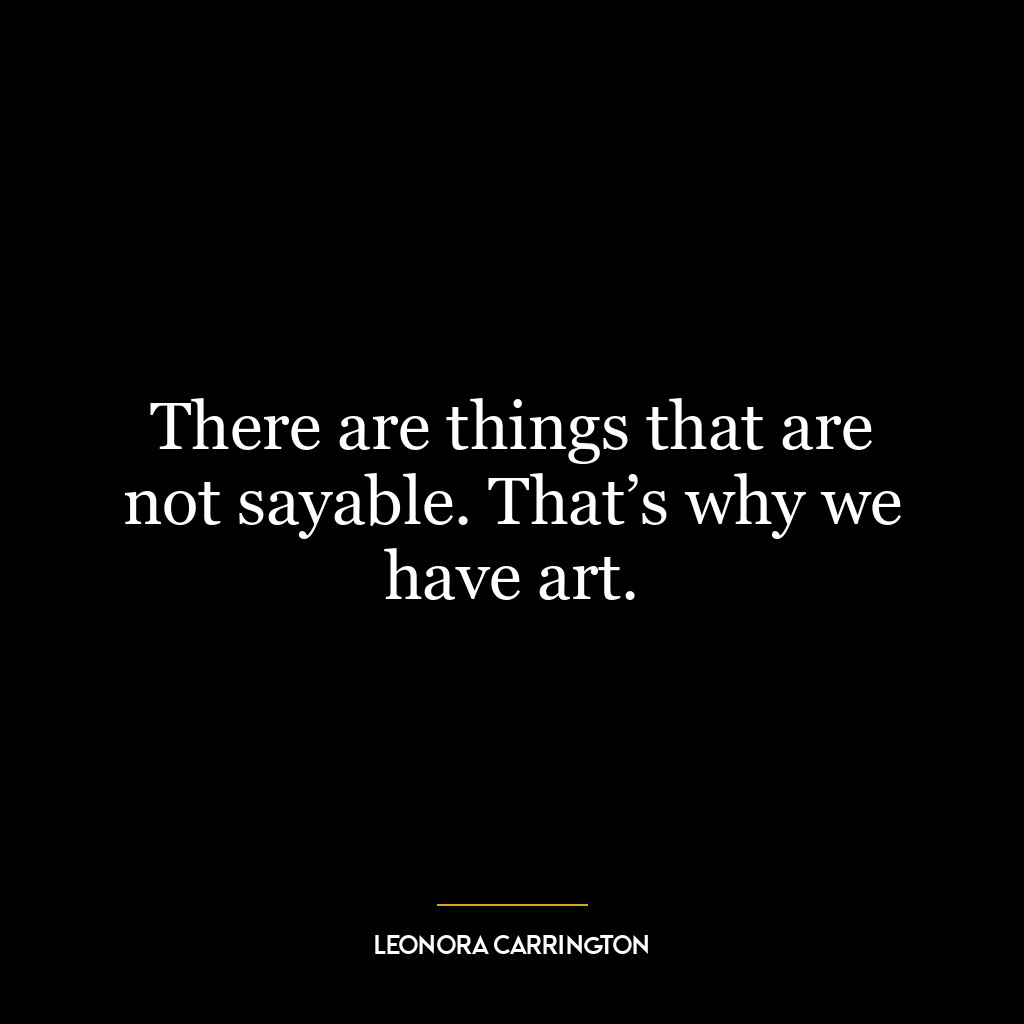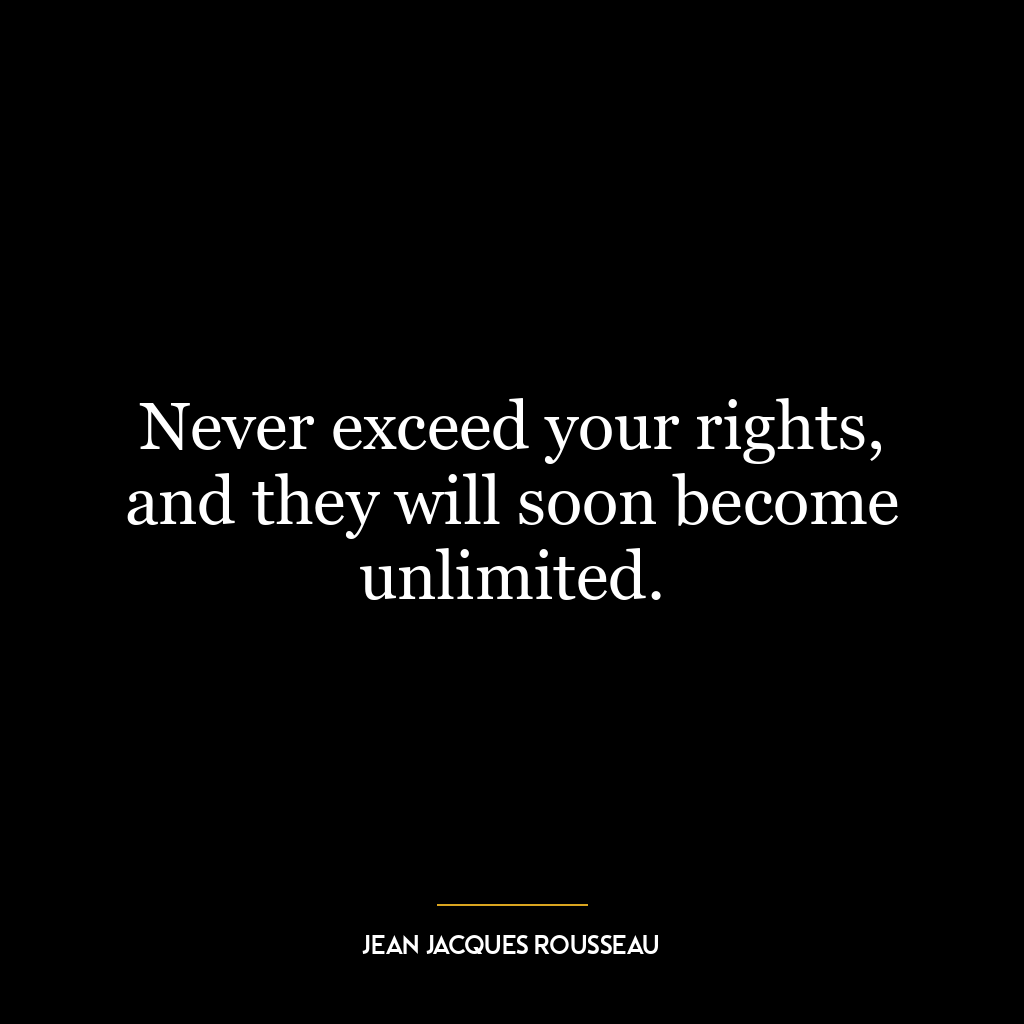We become Godlike to the extent we realize nonviolence, but we can never become wholly God.
This quote emphasizes the power of nonviolence and its connection to divinity. It suggests that embracing nonviolence brings us closer to a state of godliness or divine nature. Nonviolence here is not just physical absence of violence, but also encompasses emotional, verbal, and even mental harm we may inflict on others. The more we embody this principle in our actions, thoughts and words, the more Godlike we become.
However, the second part of the quote asserts that despite our best efforts to embrace nonviolity completely, we can never fully become God. This implies a recognition of human limitations and fallibility – while humans can strive for perfection or divinity through virtuous actions like practicing non-violence, they will always remain imperfect beings due to their inherent human flaws.
In today’s world where conflicts are rampant at both micro (personal) and macro (global) levels, this idea serves as an important reminder about the power of peaceful resolution over violent confrontations. It encourages us to approach disagreements with understanding rather than force; listen instead of shouting down opposition; empathize rather than judge harshly.
In terms of personal development too this concept holds relevance. By striving for a lifestyle that minimizes harm done unto others – be it through words or deeds – one cultivates patience, empathy and compassion which are key elements in personal growth.
However it’s crucial not to forget Gandhi’s cautioning against striving for absolute perfection or godliness given our inherent human fallibility. This reminds us that while self-improvement is important it should not lead to self-flagellation when we inevitably falter in our journey towards becoming better versions of ourselves.








